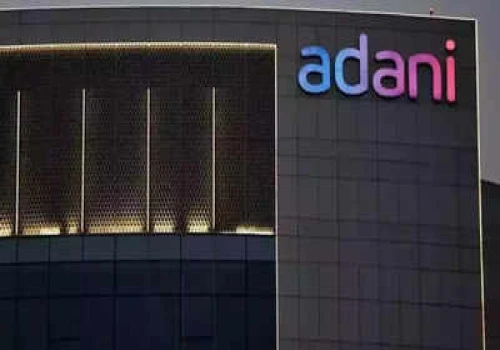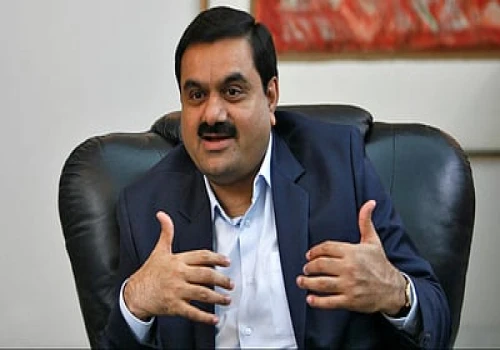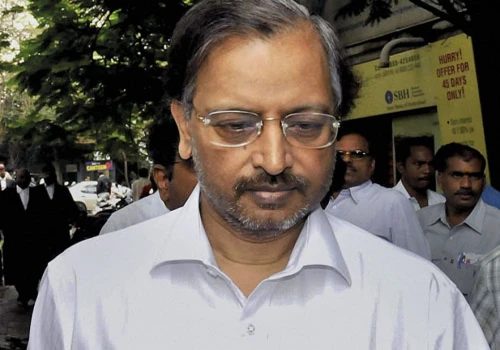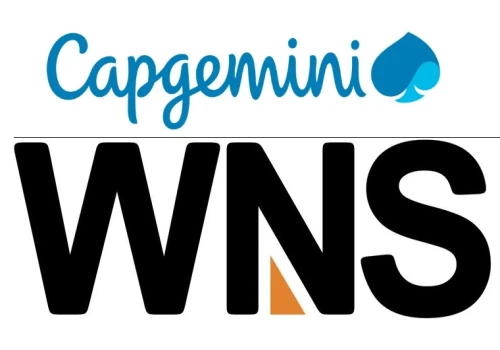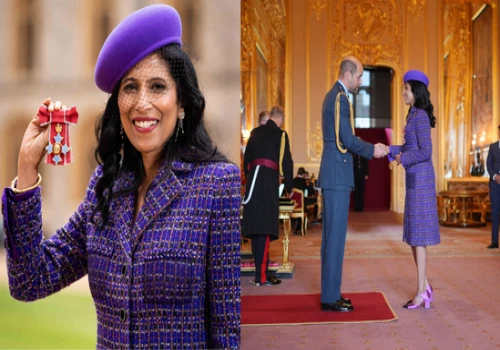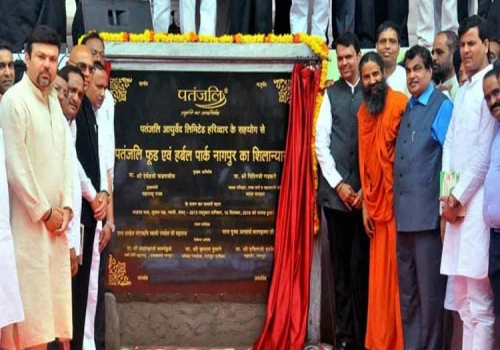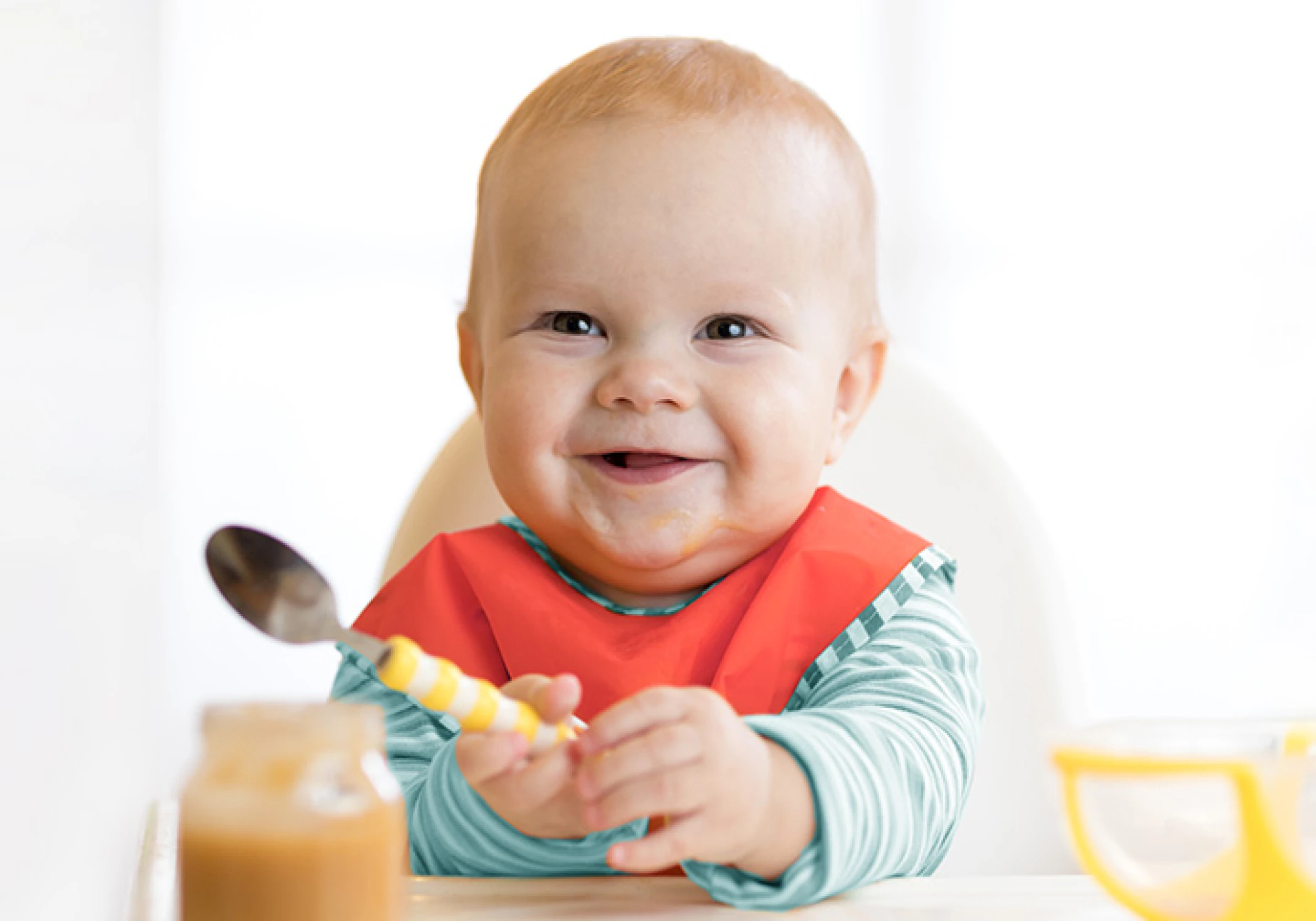
Nestle, a global food giant, is under fire in India after a report alleged the company adds sugar to its popular Cerelac baby cereal and Nido follow-up milk formula. This practice reportedly contradicts World Health Organization (WHO) guidelines and has sparked a government investigation.
The controversy stems from a report by Public Eye, a Swiss investigative organization. Public Eye commissioned tests on Nestle baby food products sold in Asia, Africa, and Latin America. The lab results, according to the report, revealed the presence of added sugar in the form of sucrose or honey in samples of Cerelac and Nido.
Cerelac, marketed for children aged six months to two years, is a significant product for Nestle. The report claims that in India, where Nestle's 2022 sales for Cerelac surpassed $250 million, all Cerelac varieties contain added sugar, averaging nearly 3 grams per serving. This is particularly concerning as WHO recommends no added sugar in the diets of infants and young children.
The report further highlights this trend in other developing countries. In South Africa, Nestle's primary market in Africa, all Cerelac products allegedly contain 4 grams or more of added sugar per serving. Similarly, in Brazil, three-quarters of Cerelac baby cereals (known as Mucilon) reportedly contain added sugar, averaging 3 grams per serving.
Interestingly, the report suggests Nestle tailors its sugar content based on the market. Public Eye alleges that Cerelac products in developed markets like the US and Europe have no added sugar, unlike their counterparts in developing countries.
The Indian government has taken swift action in response to the report. The Department of Consumer Affairs has reportedly taken suo motu cognisance of the issue and will investigate the matter through the Central Consumer Protection Authority (CCPA). Senior officials from the Department and the Ministry of Health and Family Welfare are expected to discuss the situation further.
Nestle India has defended its practices, stating that it has reduced added sugars in its infant cereals portfolio by 30% over the past five years. The company maintains it regularly reviews its products and strives to innovate and reformulate them to further reduce sugar content without compromising quality, safety, or taste.
This controversy raises several critical questions:
- Did Nestle deliberately add sugar to baby food in developing countries?
- Why is the sugar content different in developed nations compared to developing ones?
- Does Nestle's claim of reducing sugar content in India align with the Public Eye report's findings?
The government investigation will hopefully shed light on these questions and determine if Nestle violated any regulations. Consumers in India and elsewhere are watching these developments closely, as the outcome could have significant implications for infant nutrition practices globally.
Public health experts have long voiced concerns about the marketing of sugary foods and drinks to young children. Added sugar has been linked to various health problems, including obesity, diabetes, and tooth decay. The WHO's guidelines on infant and young child feeding emphasize the importance of a healthy diet from the beginning of life.
This case highlights the need for stricter regulations on the marketing and composition of baby food, particularly in developing countries where vulnerable populations are often targeted by aggressive marketing tactics. It's crucial to ensure that companies prioritize the health and well-being of infants and young children over profit margins.
As the Indian government's investigation unfolds, consumers can stay informed and make conscious choices when it comes to feeding their babies. They can also urge companies like Nestle to prioritize healthy formulations for all children, regardless of their geographic location.



